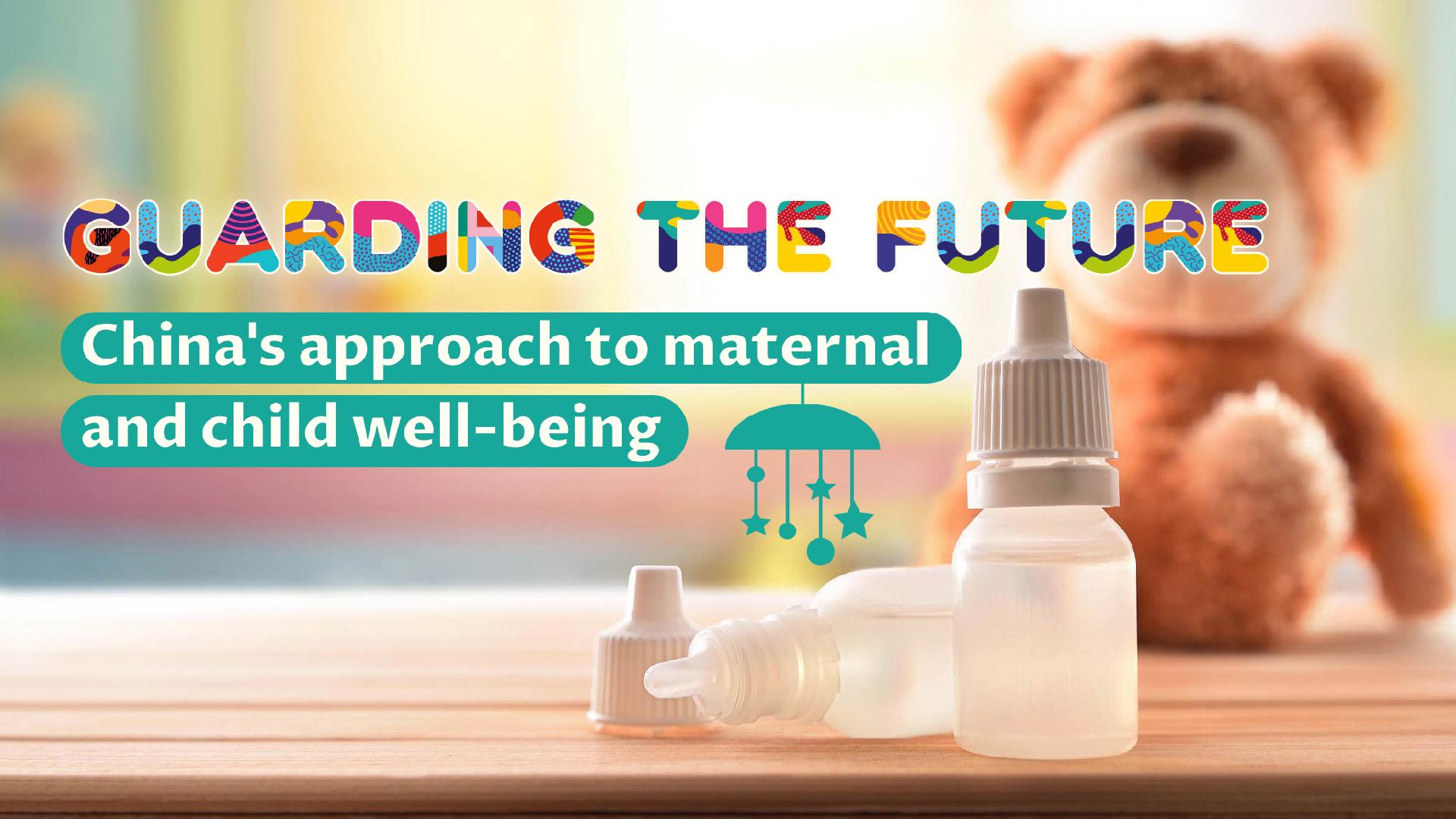INSUBCONTINENT EXCLUSIVE:
Ensuring the health of mothers and children is a fundamental indicator of a nation's overall well-being and societal progress
In China, a systematic effort focused on infrastructure upgrades and policy innovations has evolved to strengthen maternal and child
health.A key aspect of China's strategy involves the modernization of its maternal healthcare infrastructure
The concept of "maternal-friendly hospitals" is gaining significant traction, offering integrated services to streamline care for expectant
mothers.In cities like Beijing and Nanjing, "one-stop" clinics are now available
These facilities allow women to complete all necessary procedures & from registration and examinations to consultations and payments & in a
single location, greatly enhancing convenience and eliminating the need to visit multiple departments
Beijing Maternal and Child Health Hospital illustrates this shift
Its multidisciplinary intensive care unit, staffed by a team of obstetricians and critical care specialists, is equipped to handle complex
pregnancies involving conditions such as cardiac complications or organ failure."Maternal health risks are increasingly multifaceted, and
collaboration across different medical specialties is essential," Dr Xie Dan, the hospital's medical director, told China Media Group (CMG)
Such initiatives have contributed to a significant decrease in Beijing's maternal mortality rate, which reached 0.69 per 100,000 live births
in 2024, a rate on par with global benchmarks.According to the Statistical Monitoring Report of the China National Program for Women's
Development (2021-2030), published in January 2025, there has been continuous improvement in comprehensive health management at all steps of
This includes ongoing capacity-building initiatives for maternal and child health institutions.Similar progress is evident in neonatal care
Recognizing the importance of holistic well-being, hospitals are increasingly integrating psychological support into pediatric services
Provinces such as Hainan, Guizhou and Guangzhou have implemented early screening programs for autism
Children identified through community health screenings receive targeted therapy aimed at improving their communication and social skills.In
Guizhou Province, some special kindergartens offer tailored rehabilitation for children with autism
Rongrong, a 5-year-old diagnosed with autism at the age of 3, has shown progress in communication after a year and a half of daily
cognitive, language and social skills training."Before, she rarely made eye contact or spoke in sentences
Now, she greets people and expresses her needs," her grandmother, who accompanies her to therapy, told CMG.Policy innovations: from
flexibility to financial supportChina has introduced various policy changes to support families
Flexible employment models, including "birth-friendly positions" and "mommy posts," are designed to help parents, particularly mothers,
better manage work and childcare responsibilities
Job fairs in Shanghai now feature roles offering remote work or flexible hours
In Shandong Province, a food manufacturer's "mommy posts" initiative has provided employment to nearly 700 women of childbearing
age.Financial support further reinforces these policies
Guizhou Province, for instance, has increased its annual subsidies for autism rehabilitation to 18,320 yuan ($2,520)
This financial assistance has been a lifeline for families like Rongrong's, ensuring consistent access to crucial early intervention
services."The subsidy covers most of my granddaughter's therapy expenses
It's a tremendous help," said Rongrong's grandmother
Across the country, various financial incentives, such as childbirth subsidies, expanded maternity insurance and tax relief, are offered to
create a more supportive environment for raising families.Technology is also playing an increasingly important role
AI-powered tools are now used in prenatal screenings to improve the accuracy of detecting conditions like Down syndrome and in assessing
Moreover, mental health is receiving greater attention, with perinatal depression screening becoming a standard part of perinatal
care.Global collaboration for shared goalsChina's commitment to maternal and child health extends internationally through South-South
cooperation and Belt and Road Initiative partnerships
This collaboration allows China to share its expertise in managing high-risk pregnancies, providing advanced neonatal care and implementing
effective disease prevention strategies.Workshops organized jointly with international organizations like UNICEF have also facilitated
valuable knowledge exchange
Delegates from Southeast Asia and Africa have visited Chinese hospitals to observe their integrated maternal and child health systems
These collaborative efforts align with the World Health Organization's 2025 World Health Day theme, "Healthy Beginnings, Hopeful Futures,"
highlighting the global urgency of preventing avoidable maternal and infant deaths.(Cover image designed by Liu Shaozhen)

